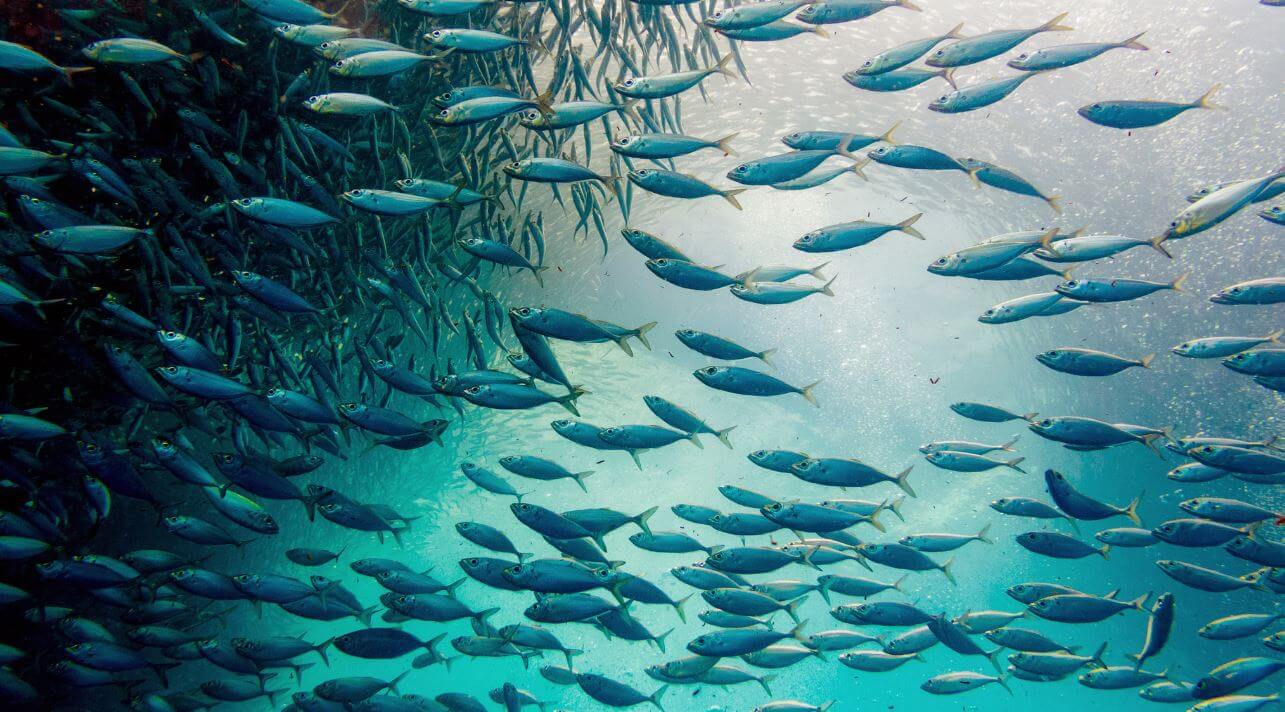Fisheries and Aquaculture and Climate Change

| Project's full title | Fisheries and Aquaculture and Climate Change |
|---|---|
| Tags | |
| Countries | Italy |
| Start date | 04/01/2009 |
| Status | Ongoing |
| Objective / Goal |
For FAO’s member states and governing bodies the significance of climate change issues was also reflected strategically in the 2009 FAO Committee on Fisheries (COFI) session, where a number of members shared information and experiences regarding climate change and fisheries and aquaculture and in particular indicated the need for:
Fishers, fish farmers and coastal inhabitants will bear the full force of these impacts through less stable livelihoods, changes in the availability and quality of fish for food, and rising risks to their health, safety and homes. Many fisheries-dependent communities already live a precarious and vulnerable existence because of poverty, lack of social services and essential infrastructure. The fragility of these communities is further undermined by overexploited fishery resources and degraded ecosystems. The implications of climate change for food security and livelihoods in small island states and many developing countries are profound. |
| Partners | Global Partnership Climate, Fisheries and Aquaculture (PaCFA) |
| Activities |
Though precise consequences cannot yet be forecast, climate change is likely to affect fisheries and aquaculture, their dependent communities and related economic activities along three main pathways:
|
| Impact |
The plethora of effects related to climate change involving, besides climate, oceans, coasts and freshwater ecosystems, are bound to affect fisheries and habitats together with the composition and location of production and will have major impacts on aquaculture productivity and security. Climate change imperils the structure and function of already stressed coastal aquatic ecosystems. Estuaries, coral reefs, mangroves and sea grass beds are critical for production of wild fish. In freshwater systems, ecosystem health and productivity is linked to water quality and flow and the health of wetlands. Small wild fish like anchovies and sardines are sensitive to changes in ocean conditions. They are found in schools in the ocean and are also processed into fishmeal used to feed other fish (aquaculture) as well as poultry and pigs. Though precise consequences cannot yet be forecast, climate change is likely to affect fisheries and aquaculture, their dependent communities and related economic activities along three main pathways: indirect wider socio-economic effects (e.g. fresh water use conflicts affect all food production systems, adaptation and mitigation strategies in other sectors impact aquatic systems in general or fisheries and aquaculture directly); biological and ecological responses to physical changes (e.g. productivity, species abundance, ecosystem stability, stock locations, pathogen levels and impacts); and direct physical effects (e.g. sea level change, flooding, storm impacts). Fishers, fish farmers and coastal inhabitants will bear the full force of these impacts through less stable livelihoods, changes in the availability and quality of fish for food, and rising risks to their health, safety and homes. Many fisheries-dependent communities already live a precarious and vulnerable existence because of poverty, lack of social services and essential infrastructure. The fragility of these communities is further undermined by overexploited fishery resources and degraded ecosystems. The implications of climate change for food security and livelihoods in small island states and many developing countries are profound. |
| Contact | [email protected] |
| SDG(S) | |
| Related publications |

The State of World Fisheries and Aquaculture 2016 (SOFIA)01/01/2016This issue of The State of World Fisheries and Aquaculture aims to provide objective, reliable and up-to-date data and information to a wide range of readers – policy-makers, managers, scientists, stakeholders and indeed all those interested in the fisheries and aquaculture sector. As always, the scope is global and the topics many... |
